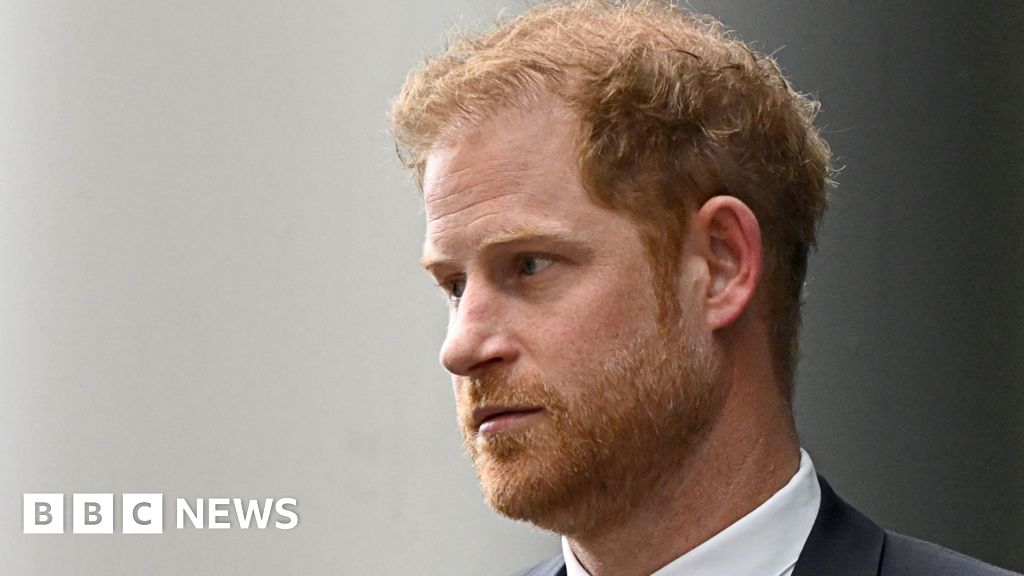ARTICLE AD BOX
Sam Ryder said he would definitely go to space if Elon Musk paid
Singer Sam Ryder has taken second place in the UK singles chart, a week after he claimed the runner-up spot at the Eurovision Song Contest.
His song, Space Man, was in a battle with Harry Styles to be this week's number one after his valiant performance for the UK on Saturday.
But Styles narrowly won out to claim his seventh week in a row at the top.
By reaching number two, Ryder has scored the highest chart placing for a UK Eurovision entry since 1996.
That was the year when Gina G reached the top spot with Ooh Ahh… Just A Little Bit.
Watch: Sam Ryder and Graham Norton on Eurovision triumph
Space Man looked on course for number one when it edged ahead of Styles's As It Was earlier this week.
But the former One Direction singer clung on to his chart crown, despite a surge of support for the Eurovision song following Ryder's performance in the final in Italy.
Ryder, from Maldon, Essex, had hopes of victory when he topped the jury scoreboard. But he was overtaken by Ukraine's Kalush Orchestra when the public votes were added.
Their winning song, Stefania, has also entered the UK chart this week, at number 38.
Speaking to Scott Mills on BBC Radio 1's Official Chart Show on Friday, Ryder said he was "emotional in the best possible way", and that two was "definitely my lucky number".
Space Man was first released on 22 February 2022, and he was 22nd in the Eurovision running order.
Meanwhile, Eurovision organisers have given details of "unprecedented" irregularities in the jury votes of six countries at the second semi-final of this year's contest but said they did not affect the qualifiers or final rankings.
Suspicious jury voting patterns were detected in the scores from the San Marino, Georgia, Romania, Poland, Montenegro and Azerbaijan juries, the European Broadcasting Union (EBU) said.
Organisers said the suspicious pattern was detected before the results were compiled and announced.
The six affected countries had their votes replaced by "substitute aggregated result" in the second semi-final and the grand final, based on the results of other countries with similar voting records.
The EBU said it had "discussed the jury patterns with the relevant broadcasters and given them the opportunity to further investigate the jury voting in their countries".

 2 years ago
32
2 years ago
32








 English (US)
English (US)